Nepal gvt should end Attacks on Free Expression : Human Right Watch
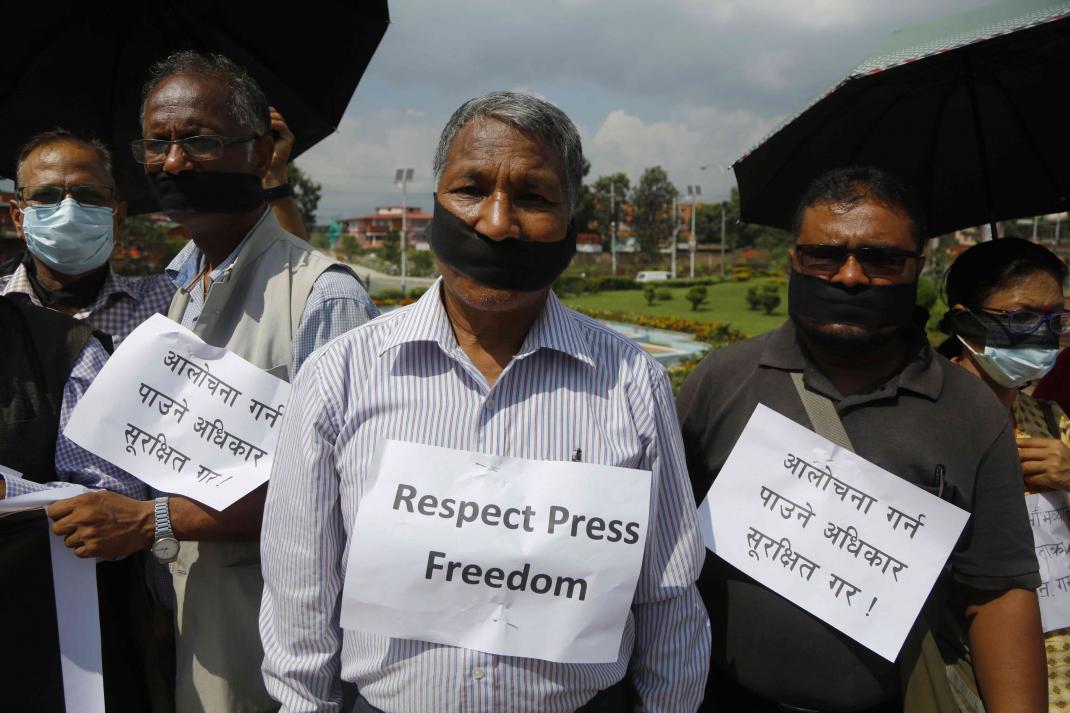
The authorities in Nepal should stop prosecuting journalists and social media users for peaceful reporting and online expression, issuing a statement Human Right Watch New York office said today.
The government of Prime Minister Khadga Prasad Sharma Oli should review and reform the Electronic Transactions Act, 2006, which has been repeatedly used to unlawfully muzzle speech, and ensure that any new or revised legislation upholds freedom of expression.
On April 15, 2019, the authorities detained Arjun Giri, editor of the online weekly Tandav News, and initiated a police investigation after he reported on alleged fraudulent business practices in the provincial city of Pokhara. The Kathmandu District Court ordered his release on April 18. Since the Oli government took office in February 2018, at least six journalists including Giri have been detained under the Electronic Transactions Act. At least 19 people are believed to have been arrested over six months up through January for their activities on “social networks.”
“Nepalis have fought hard for their democratic rights so it’s especially troubling that a government elected on a promise to uphold constitutional freedoms is intimidating and restricting Nepal’s vibrant public discourse,” said Meenakshi Ganguly, South Asia director. “The government should drop their investigation of Giri and stop harassing people for expressing their peaceful views.”
Section 47 of the Electronic Transactions Act prohibits electronic publication or display of material deemed illegal under existing laws, including vaguely defined material “which may be contrary to the public morality or decent behavior or any types of materials which may spread hate or jealousy against anyone or which may jeopardize the harmonious relations subsisting among the peoples of various castes, tribes and communities.” It authorizes a sentence of up to five years in prison and a 100,000 Nepali rupee (US$900) fine.
Freedom Forum, a Nepali rights group, recorded 98 violations of freedom of expression in 2018, compared with 66 in 2017, including threats and attacks by interest groups, and arbitrary arrests. Freedom Forum reported increased constraints on the media under the Oli government, including pressure to self-censor material critical of the government.
In addition, the Committee to Protect Journalists has warned that several provisions in Nepal’s new criminal code, which came into effect on August 17, 2018, threaten media freedom. These include section 294, which prohibits disclosing private information without permission, including private information about public figures; section 295, which prohibits photographing a person outside of a public space without their consent; and section 306, which criminalizes satire that disrespects an individual.
Internet access is rapidly expanding in Nepal, reaching 60 percent of the population and adding 250 new users every hour. Social media reach is increasing, and an estimated 9.3 million Nepalis use Facebook. While the government has recognized the importance of digital technology for social and economic development, it is also cracking down on peaceful dissent and criticism.
On February 3, 2019, the news website newssewa.com was reportedly blocked by the authorities after it carried an item that was critical of a senior police officer. Two weeks later, a satirical song criticizing government corruption, “Lutnasake lut kanchha!” (Loot if you can my friend!), was removed from YouTube after protests by youth supporters of the ruling party. In August 2018, Homnath Sigdel, a local government official, was arrested for sharing a satirical image of the prime minister on Facebook.
In January 2019, the government proposed a new lawimposing sweeping restrictions on what government employees can post online, making virtually any criticism of government policies unlawful. This followed an order from the Education Ministry in October 2018 prohibiting almost 500,000 staff nationwide, including teachers, from criticizing the government or political parties on social media.
The government has placed before parliament an Information Technology bill, which would impose penalties of up to five years in prison for “improper” posts on social networking sites if they are deemed to discredit individuals or to harm national security. The Nepali government should review and revise as necessary all proposed legislation that affects free expression.
Nepal, as a state party to the International Covenant on Civil and Political Rights, is obligated to respect the right to freedom of expression, including the freedom to seek, receive, and impart information and ideas of all kinds, in any medium. Any interference with the rights to privacy and free expression should be based on clear law, for a legitimate reason, and be proportionate – that is, the minimal interference necessary.
The United Nations Human Rights Committee, in its general comment on the right to freedom of expression, stated that the “mere fact that forms of expression are considered to be insulting to a public figure is not sufficient to justify the imposition of penalties.” Thus, “all public figures, including those exercising the highest political authority such as heads of state and government, are legitimately subject to criticism and political opposition.”
“Attacks on free expression have increased in Nepal over the past year, and proposed laws and policies provide further grounds for alarm,” Ganguly said. “Nepal’s political leaders should reject any efforts that undermine the rights of Nepalis to peacefully express their views.”






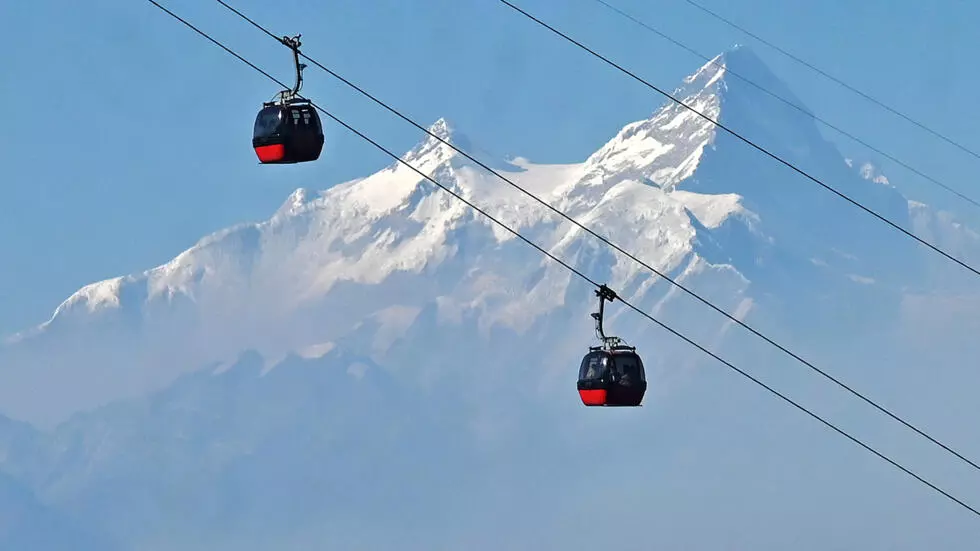
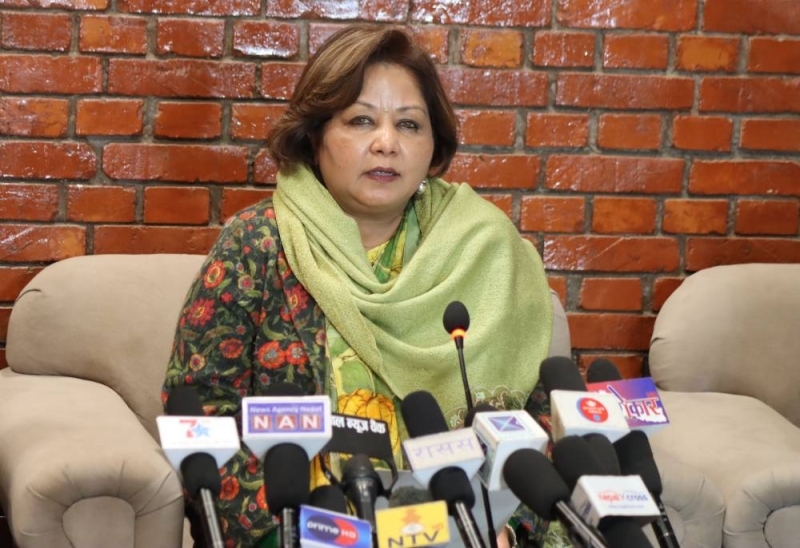
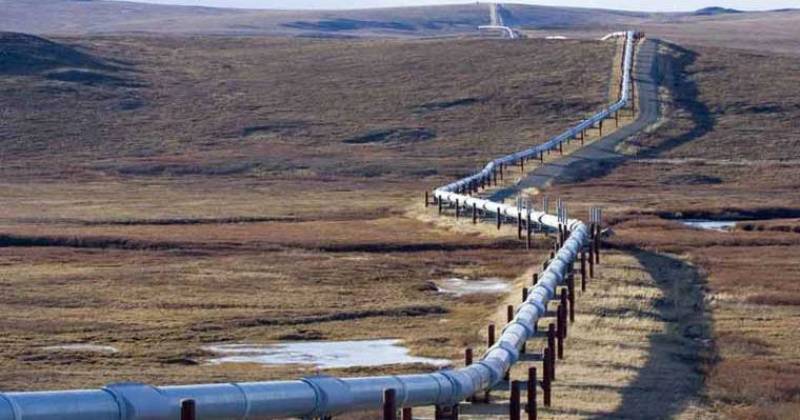

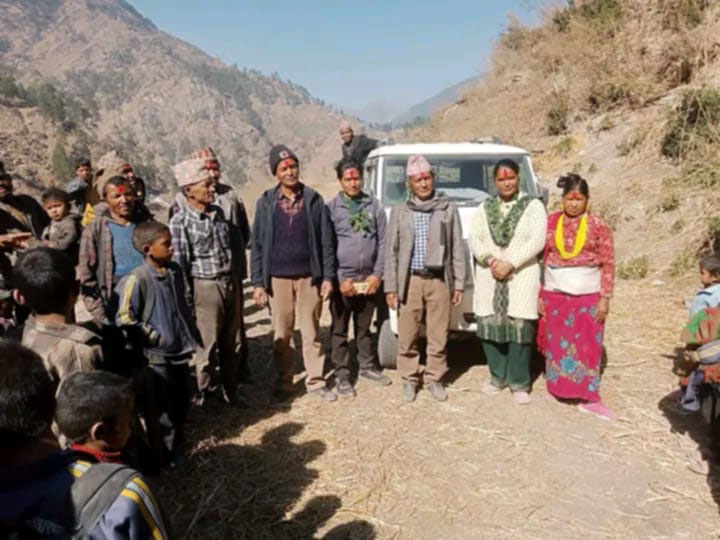
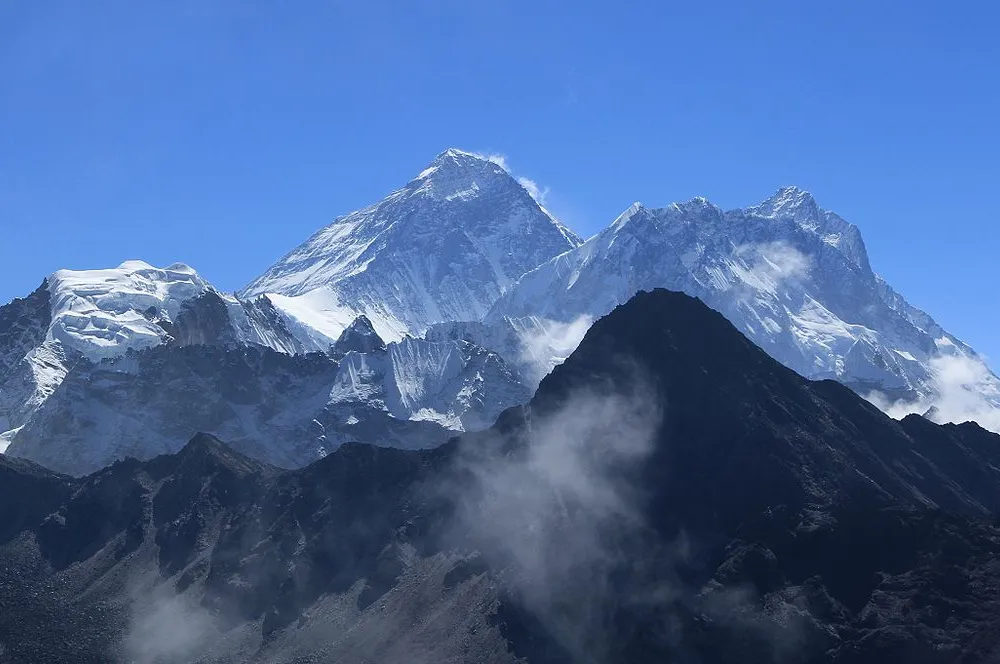







Facebook Comments